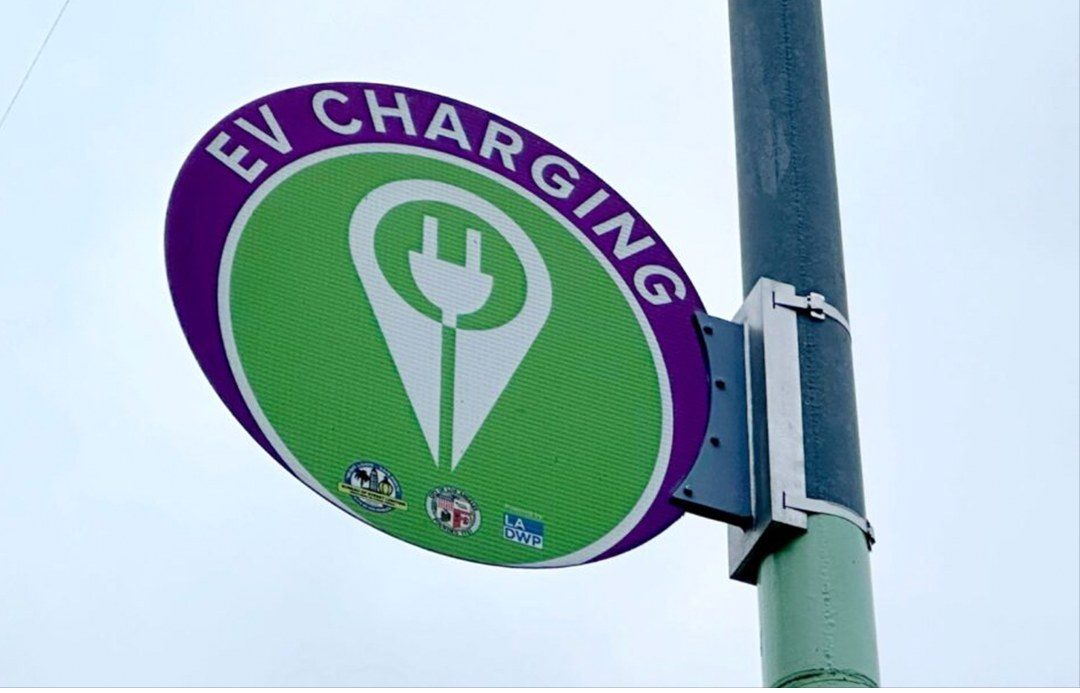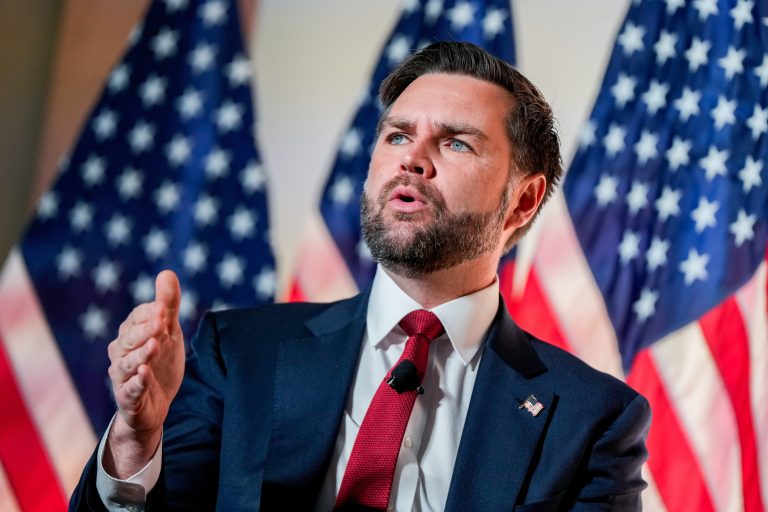NOTE: VIDEO AT THE END OF ARTICLE
Late last week, the U.S. Supreme Court handed a significant legal win to oil and fuel companies by voting 7–2 to allow them to pursue a lawsuit challenging California’s electric-vehicle (EV) regulatory framework. These regulations—approved by the Environmental Protection Agency (EPA) under the Clean Air Act—set strict targets for fleet-wide greenhouse gas emissions and mandate that automakers produce a minimum percentage of electric vehicles for sale in California.
Justice Brett Kavanaugh, writing for the majority, emphasized that industries targeted by such regulations must not be excluded from court. He noted that business entities directly impacted by these measures cannot be newly classified as uninvolved parties merely to prevent judicial review. In his view, the companies have standing to challenge the EPA’s decision, reversing a previous D.C. Circuit Court’s opinion that they lacked legal grounds for a lawsuit.
Kavanaugh also stressed that this complaint arose from California’s formal 2012 request to the EPA for expanded authority to regulate emissions and push an electric-vehicle mandate. The contested EPA waiver allows the Golden State to impose stricter rules than federal standards, a power that other “Section 177” states can opt into. California’s aggressive environmental plan includes a goal to phase out new gas-powered vehicles by 2035.
Chief Justice John Roberts and Justices Thomas, Alito, Gorsuch, Barrett, and Kagan joined Kavanaugh’s opinion. Justices Sonia Sotomayor and Ketanji Brown Jackson dissented. In her dissent, Judge Jackson criticized the court for apparently favoring corporate interests, suggesting the decision might reinforce the perception that the Court prioritizes wealthy petitioners. She argued the case might soon become moot if the waiver is withdrawn under the Trump-led EPA. Similarly, Justice Sotomayor opined the case should return to the lower court for further deliberation.
The upshot of the ruling is not an immediate rollback of California’s EV policies—it simply reopens the door for fuel-industry plaintiffs to argue in court that the EPA’s approval overstepped legal bounds. American Fuel & Petrochemical Manufacturers welcomed the decision, claiming California has no statutory authority to mandate EV production or enforce greenhouse-gas limits. Meanwhile, California officials maintain confidence in their legal authority to regulate vehicular emissions and highlight the environmental benefits of their standards.
The litigation now returns to the lower court to examine whether the EPA indeed exceeded its legal authority. Its outcome could have massive implications—not only for California’s ambitious EV roadmap but also for state-level environmental regulations more broadly, and for the balance between federal authority and industry rights.

James Jenkins is a celebrated Pulitzer Prize-winning author whose work has reshaped the way readers think about social justice and human rights in America. Raised in Atlanta, Georgia, James grew up in a community that instilled in him both resilience and a strong sense of responsibility toward others. After studying political science and creative writing at Howard University, he worked as a journalist covering civil rights issues before dedicating himself fully to fiction. His novels are known for their sharp, empathetic portraits of marginalized communities and for weaving personal stories with broader political realities. Jenkins’s breakout novel, Shadows of Freedom, won national acclaim for its unflinching look at systemic inequality, while his more recent works explore themes of identity, resilience, and the fight for dignity in the face of oppression. Beyond his novels, James is an active public speaker, lecturing at universities and participating in nonprofit initiatives that support literacy and community empowerment. He believes that storytelling is a way to preserve history and inspire change. When not writing, James enjoys jazz music, mentoring young writers, and traveling with his family to explore cultures and stories around the world.









